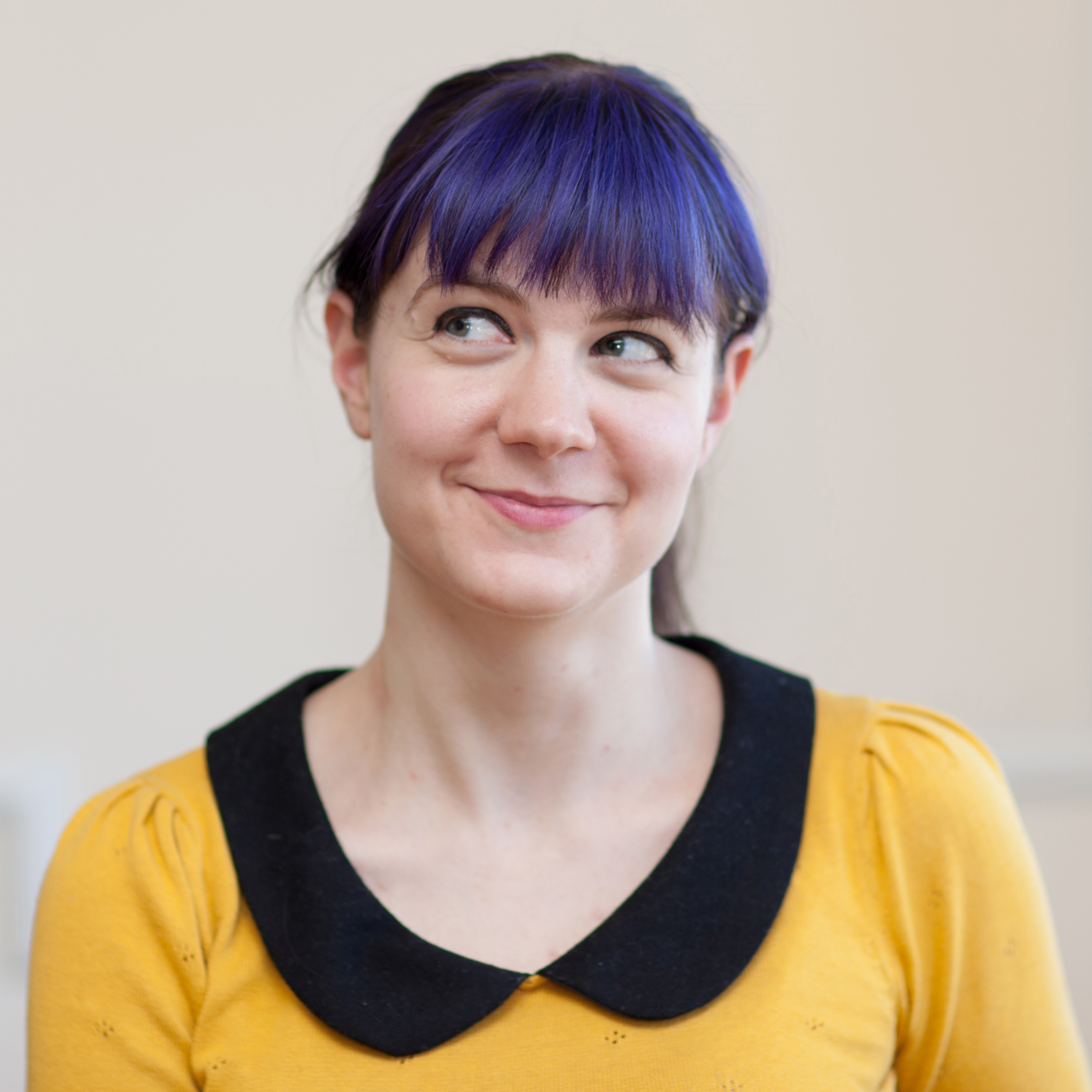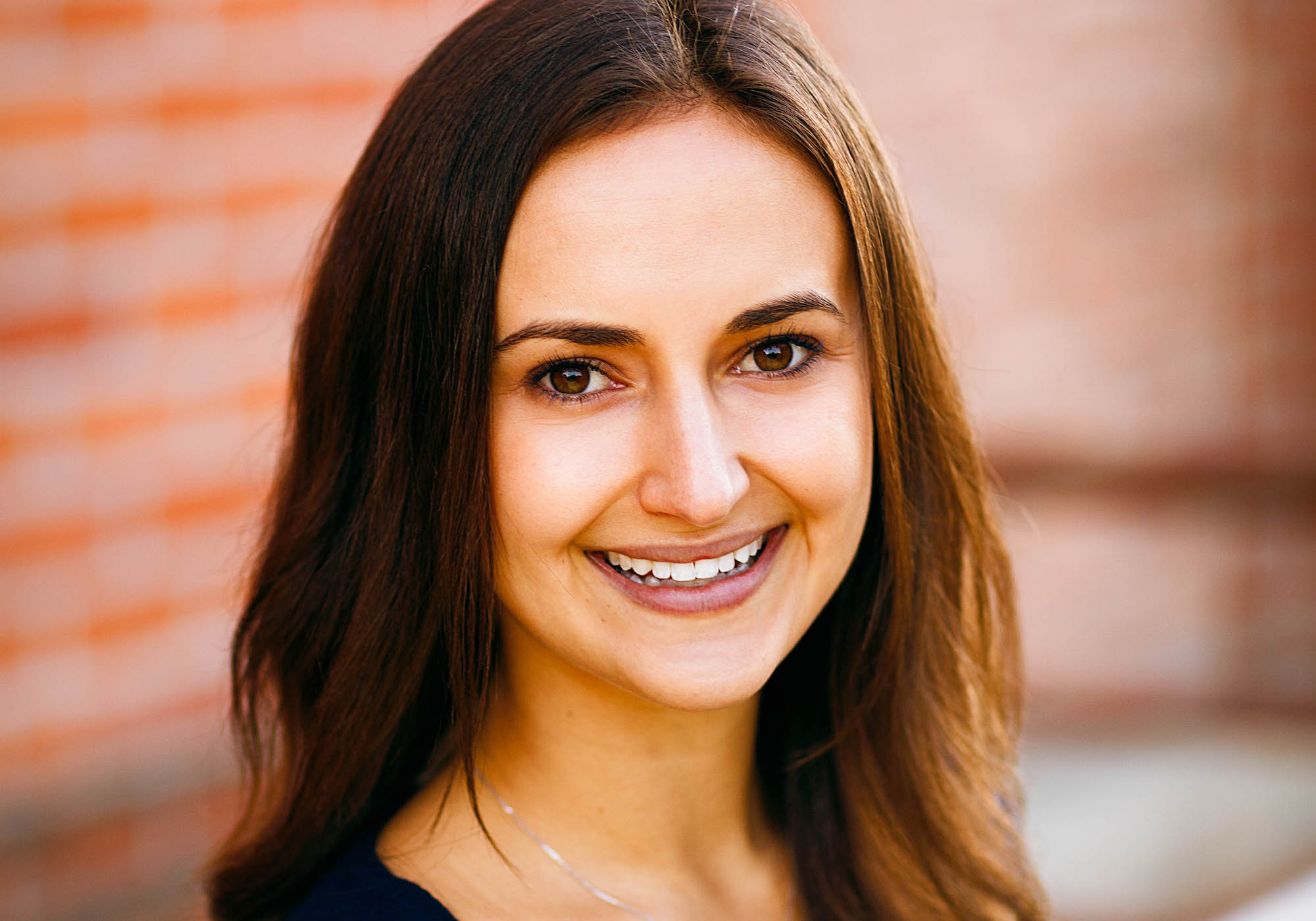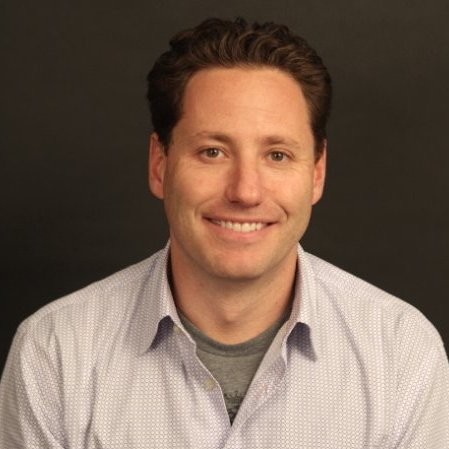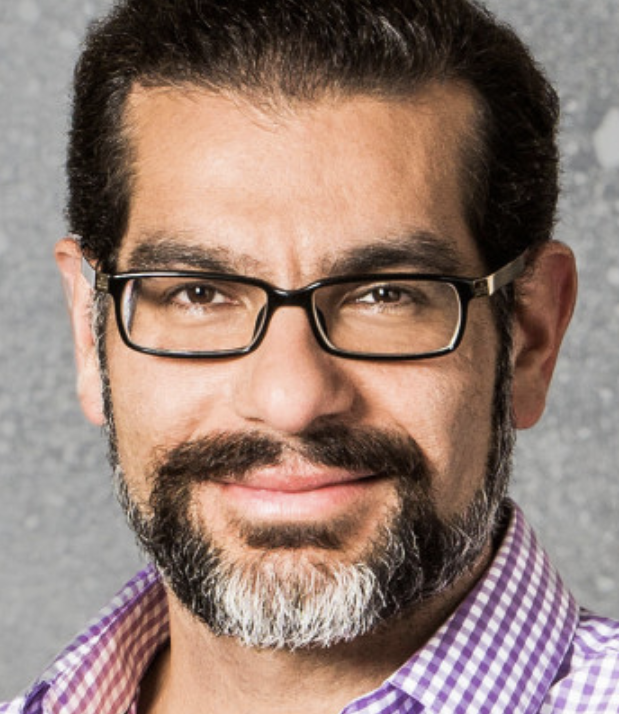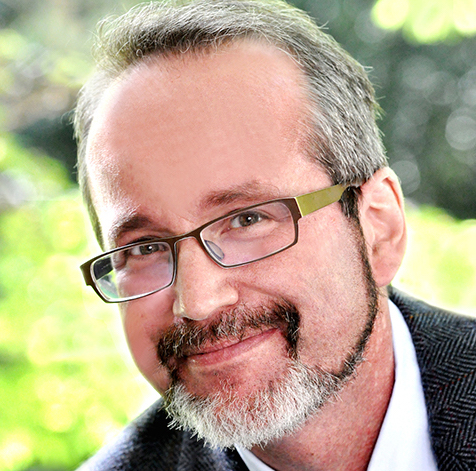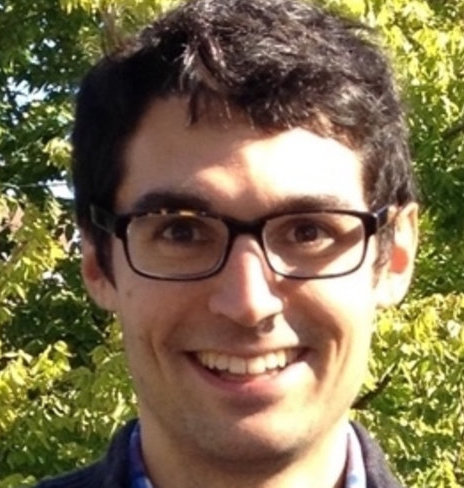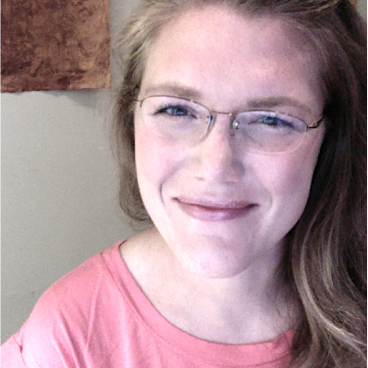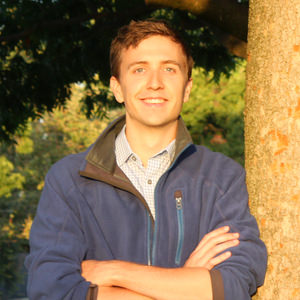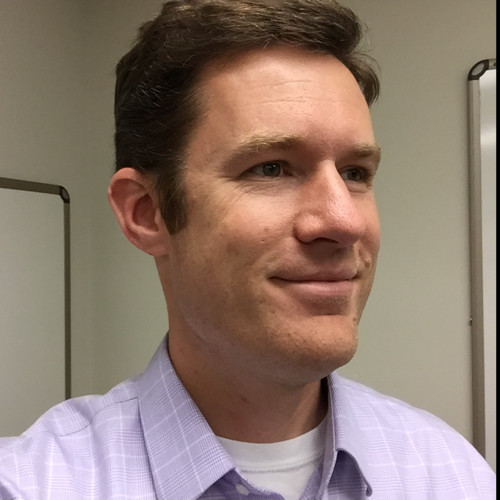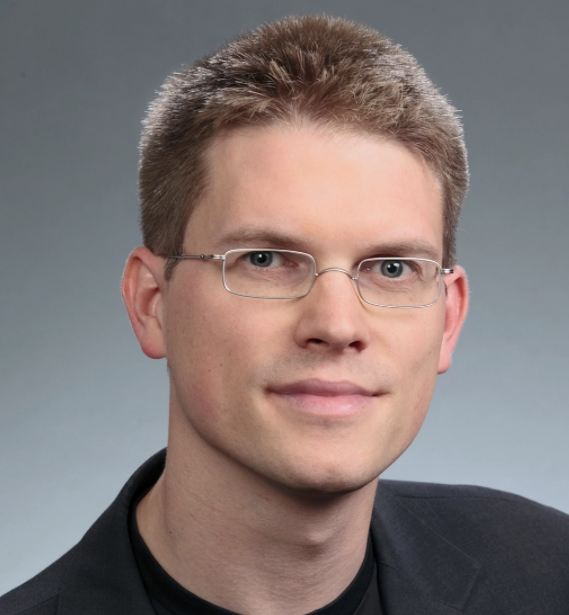STAC 2018 Space Tech Symposium
Space Tech Symposium at Berkeley (STS@Berkeley) is a gathering of space tech pioneers in industry and research. Top venture capitalists, startups, scientists, and engineers will present their visions for the future of space tech and much more. STS attendees will also be able to interact with presenters and fellow industry professionals.
DATE 30 April 2018
LOCATION Sibley Auditorium, Berkeley, CA
SPEAKERS 10 Professional Speakers
Speakers
We are bringing you the perfect combination of content and experience to ignite your
heart, equip your mind, and spark your space journey.
Symposium Agenda
We are very excited about the talks we have planned for you.
Only at Space Tech Symposium 2018 this spring in Berkeley, California.
April 30, 2018
- Session 1 - 04:00 - 06:05
- Session 2 - 06:10 - 08:30
-
Session 1 - 04:00 - 06:0504:00 - 04:30 Registration04:30 - 05:00 Networking & Project Demo
Talk to the STAC members about the projects they have been working on over the past year at the project exhibition.
05:00 - 05:15 STAC IntroductionLearn what Space Technologies at Cal (STAC) is about, who we are, and what we do.
Speaker : Travis Brashears - STAC Co-Founder05:40 - 06:05 Investor PanelHear from a panel of investors to learn more about the investing in space.
Moderator : Malhar Patel - STAC EVP Panelist : Tess Hatch - Bessemer Venture Partners Panelist : Garrett Goldberg - Bee Partners Panelist : Shahin Farshchi - Lux Capital06:05 - 06:10 Break -
Session 2 - 06:10 - 08:3006:10 - 06:45 Research Panel
Hear from a panel of researchers and professors to learn more about the exciting research happening in the space community.
Moderator : Olivia Hsu - STAC Co-Founder Panelist : Elizabeth Smith - Orbital Insight Panelist : Professor Adam Arkin - UC Berkeley Panelist : Zac Manchester - Stanford06:45 - 07:25 Industry PanelHear from a panel of private space companies to learn more about the innovations in the space industry.
Moderator : To Be Announced Panelist : Daniel Ceperley - CEO of Leo Labs Panelist : John Gedmark - CEO of Astranis Panelist : Chris Kemp - CEO of Stealth Space Startup07:25 - 08:30 Project SymposiumTalk to the STAC members and industry partners to learn about the projects they have been working on over the past year at their project exhibition. Food provided.
08:30 - 09:00 Closing
Symposium Tickets
Reserve your ticket right now for the talk of the year
Join us to hear from some of space technology's brightest minds.
Your first Symposium
packed with events
-
- $30Industry Seating
- VIP Industry Seating
- Main Event speeches
- Keynote Speakers
- Pannel Discussions
- Networking Access
- Project Symposium
- Free Food
- Buy Ticket Now
-
- $15Student Seating
- Student 50% off Discounts
- Main Event speeches
- Keynote Speakers
- Pannel Discussions
- Networking Access
- Project Symposium
- Free Food
- Buy Ticket Now
Shout Out to Our Sponsors
For further info about sponsoring feel free to get in touch with us at events@stac.berkeley.edu
Location
We are very excited to show you what we have planned for you. Please join us at UC Berkeley on Monday, April 30, 2018. We look forward to meeting you there.
Sibley Auditorium
Bechtel Engineering Center
Berkeley, CA 94709 USA
Email : events@stac.berkeley.edu
Frequently asked questions
Some frequently asked questions for you.
What is Space Tech Symposium (STS@Berkeley) ?
Space Tech Symposium at Berkeley (STS@Berkeley) is a gathering of space tech pioneers in industry and research. Top venture capitalists, startups, scientists, and engineers will present their visions for the future of space tech and much more. STS attendees will also be able to interact with presenters and fellow industry professionals.
Why are we hosting STS@Berkeley ?
We are a group of passionate scientists who want to push the frontier of space research and the space industry. We are not a typical engineering club; we focus on making strides in innovating space technologies. We, like the rest of industry, want to accelerate our progression towards the exploration and habitation of space. Berkeley, the crossroads of a world class research university and a burgeoning space startup scene, is the the perfect spot for a conversation about the collaboration of the public and private sectors necessary for the progress in the space industry to take place. We hope that by hosting STS, we can provide attendees a broader perspective of the future of space technology that brings us all a little bit closer to understanding the great unknown.
Where and when is the Space Tech Symposium ?
The Space Tech Symposium will be held in Sibley Auditorium of the Bechtel Engineering Center at UC Berkeley in Berkeley, CA on Monday April 30, 2018 from 4:00pm to 8:30pm.
What is STAC ? What do you do ?
Space Technologies at Cal (STAC) is a student engineering organization of 60 students at Berkeley focused on developing innovative space technologies and research. We are creating a collaborative space program by incorporating multiple universities, research labs and industry partners to enable space research projects such as High Altitude Balloons, Microgravity Experiments, CubeSats, and more. You can learn more about us at our website.
What projects are STAC members working on ?
We are working on many exciting projects. We have a High Altitude Balloon project, where we launch unmanned helium balloon into near space with scientific payloads. We are launching several Interstellar Microgravity Experiments (TIMEs) to outer-space with Blue Origin rockets, where we further aerospace research by testing how a low-gravity environment - like space - will affect lifeforms, optics, and physical mechanics. Our CubeSat Deployer project aims to deploy smaller swarm of Wafer Scale Spacecrafts (WaferSats) into space to pioneer the work in laser communication. Our SEED project researches into how humans can create a habitat with an earth-like environment sustained by a biologic engine and harvestable resources. Lastly but not the least, our Autonomous Rover project is working on developing a resource rover, in collaboration with NASA Ames, that is fully controllable and autonomous in order to extract and utilize resources on moon.
What motivates STAC members to work on space projects ?
There are many great ideas that people just assume are being worked on, but this may not be the case. We cannot just assume these ideas are being worked on. Some one has to work on small incremental steps that get us one step closer to these long term goals: that is exactly what STAC is trying to do. We work on projects that get humanity one step closer to long term space innovations.
I really love what you guys are working on. Can I sponsor ?
Yes! Your support ensures that we can continue innovating and breaking through new barriers in space. You can learn more about our sponsorship on our website. If you are interested in shaping the coming age of space exploration along our side with a sponsorship or donation, please contact us at execs@stac.berkeley.edu.
Is there a dress code ?
Yes: comfortable. Keep in mind the amazing people you’ll be meeting at this conference, and dress to impress and connect with them. However you style yourself, make sure it’s respectful of the beautiful venue and other guests attending the event.
Is this event open to everyone ?
Definitely! Anyone passionate about space is welcome and encouraged to attend our Symposium! Don't forget to grab your tickets in advance!
Is there a discount for students ?
Yes! Student tickets are 50% off and costs only $15.


